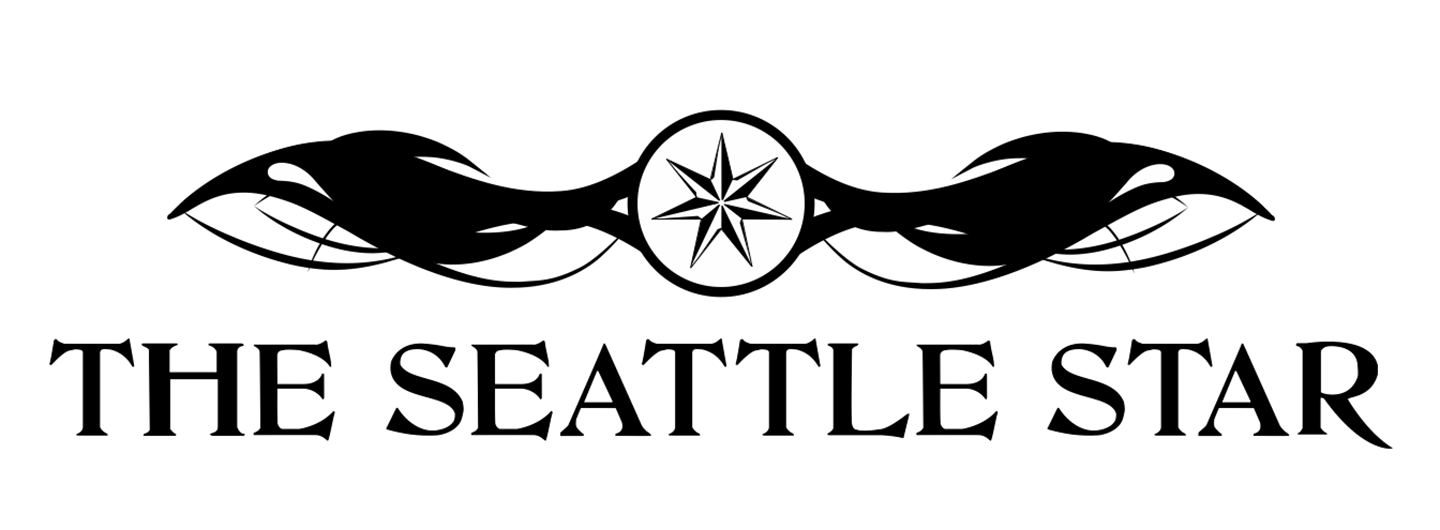Black Grace: Lollipops and the Symphony
Of lollipops and symphonies: Black Grace perform brilliantly in their new work.
Gender Rocked: A Conversation With The Women Behind These Streets
By the time of this writing, it would be pretty remarkable if you haven’t heard about Sarah Rudinoff and Gretta Harley’s These Streets, the creative duo’s new rock music theatrical experience that is opening at ACT.The scale of their promotional effort is as impressive as everything else about the project. This is due, in no small part, to the women behind the project, with whom The Seattle Star’s José Amador had an opportunity to have a discussion.
Will Have Been
Moral temporality and temporal morality in this latest fiction from Nick Stokes.
Michelle Witt’s UW World Series: Looking Backward, Looking Forward
Thoughts about the UW World Series so far under new leader Michelle Witt.
Borrow Cupid’s Wings
It was the year 2063 and romance was dead.
Advertisers had killed it…
What It Means to Mean: Anna Karenina at Book-It
Directors are responsible for choosing an interpretation about what the play means and removing obstacles so that the actors can do their work. Particularly in text-based classic theater, the director must make a convincing argument what this play means and, to some degree, why it is being done at all. Book-It’s Anna Karenina fails to convince because it fails to argue.
Theater Schmeater’s A Behanding in Spokane: The Stakes Are There…
If there was a lesson to be learned from ACT’s regrettable 2011 production of Lieutenant of Inishmore it was simply that performing Martin McDonagh’s material isn’t as easy as it looks. José Amador views Theater Schmeater’s latest attempt at McDonagh and finds that they come tantalizingly close to nailing it.
Annex Theatre’s Undo: Touching, Moving Heartbreak
Why haven’t we institutionalized the act of getting a divorce? Seems a simple enough question, one with a ready enough answer, if a bit glib: Divorces are fraught with so many emotions we’d rather not be confronted with in public, that the idea of making it a formal thing just seems a bit…gauche. But what if, at the same time that marriage turned from being a business transaction into the ultimate institutional act of love, divorce became an officially sanctioned ending of that love? This is the question that Holly Arsenault’s Undo asks.
BASH Theater & Radial Theater Project’s Beating Up Bachman by Wayne Rawley
Beating Up Bachman is playwright Wayne Rawley’s latest offering, which is another of his characteristic explorations of small town life in the Pacific Northwest which is at turns exceedingly humorous, well observed, touching and more than a little dark at its core. José Amador has the scoop.
The Seattle Festival of Improv Theater Hits Town
A dry-humored preview of the 11th Seattle Festival of Improv Theater.
Except where otherwise noted, the content on this site is licensed under a Creative Commons Attribution 4.0 International License.










